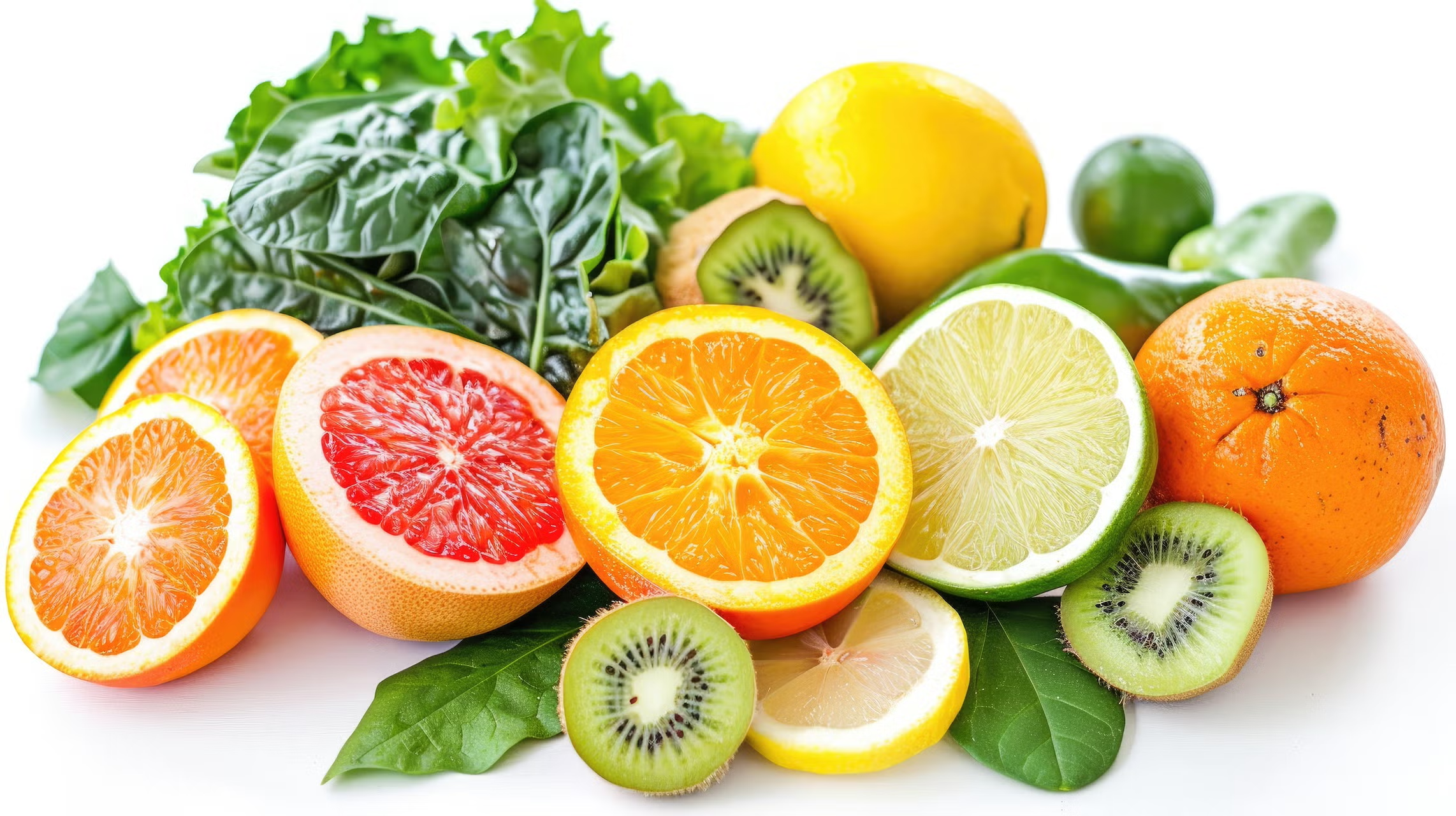Can probiotics help with weight loss?
Do Probiotics Aid in Weight Loss? How They Work – Probiotics improve gut health, which can influence weight by reducing inflammation and improving digestion. Reviews from the USA Some users…
What Vitamins Promote Healthy Skin Aging?
Vitamins for Anti-Aging Skin Several vitamins help slow down the aging process and promote youthful skin, including vitamin A, vitamin C, and vitamin E. These nutrients protect against free radicals…
How Do B Vitamins Support Energy Levels?
The Role of B Vitamins in Energy Production B vitamins, including B6, B12, and folate, are essential for converting food into energy. A deficiency in these vitamins can lead to…
How Does Vitamin B Complex Boost Mood?
B Vitamins and Emotional Well-Being B vitamins, especially B6, B12, and folate, are essential for regulating mood and reducing the risk of depression and anxiety. These vitamins help the body…
What Vitamins Are Essential for Bone Growth?
Key Vitamins for Bone Growth Vitamins such as vitamin D, vitamin K, and vitamin C are crucial for bone growth and development. They support bone density and health from childhood…
How Do B-Vitamins Support Brain Health?
The Role of B-Vitamins in Brain Function B-Vitamins, including B6, B12, and folate, are crucial for brain health. They support energy production, neurotransmitter function, and prevent cognitive decline. Benefits of…
What Vitamins Are Best for Cognitive Function?
Vitamins for Brain Health Several vitamins are important for cognitive function and brain health. Vitamins such as B12, B6, and E support memory, focus, and overall mental clarity. Key Vitamins…
What Are the Benefits of Taking Multivitamins Daily?
The Role of Multivitamins in Daily Health Multivitamins can help fill nutritional gaps and provide essential vitamins and minerals that support overall health. They are especially useful for those with…
What Vitamins Are Best for Heart Health?
Essential Vitamins for Cardiovascular Health Vitamins such as vitamin B6, vitamin B12, and vitamin E play a crucial role in maintaining heart health. They support cardiovascular function and reduce the…






